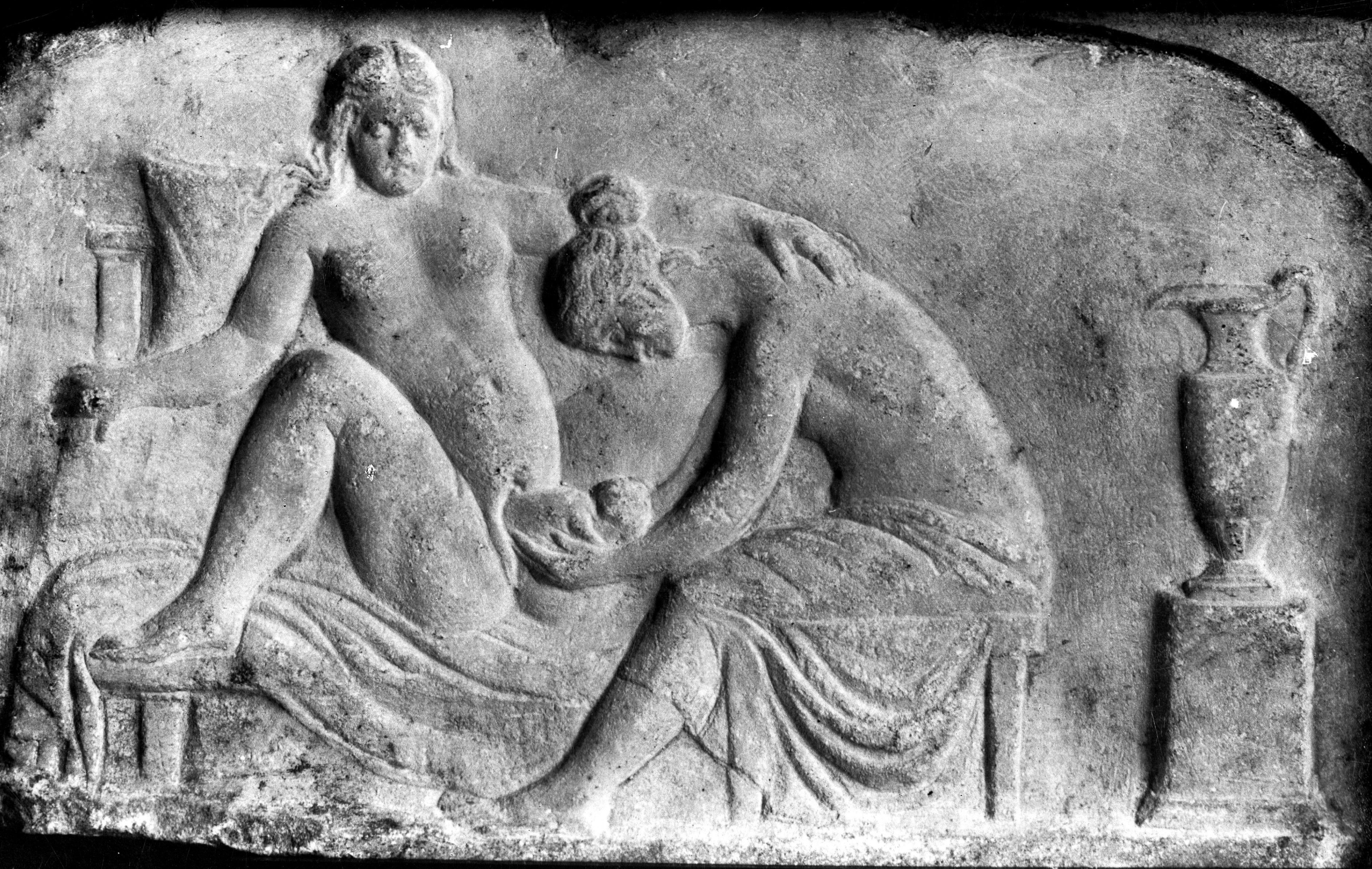Mother, Heal Thyself: Late Antique Pregnancy, Religion, and Power
Misa Nguyen
History
UC Santa Barbara
Modern discourse around abortion and pregnancy frequently invokes ancient medical and religious authors, such as Hippocrates and St. Augustine, up to the level of the Supreme Court itself. Since this discourse directly shapes policy and lives, it is important to identify when and how those historical invocations are misused. However, prior historical studies of Roman pregnancy all stop before the Christian period. Thus, my dissertation studies the connections between late Roman and early Christian thinking around pregnancy. While Roman families always had the resources of traditional religion, such as pilgrimage and various childbirth goddesses, to alleviate concerns about pregnancy, discourse on what made a good pregnancy was the purview of legal and medical authorities. Roman religion did not attempt to define pregnancy, only to mediate it. This changed dramatically under Christianity, which for the first time both competed with and reinforced the existing legal and especially medical discussions about pregnancy and its stakes. By stressing how early Christian attitudes towards pregnancy continually evolved in response to social, religious, and medical pressures, my dissertation challenges the inevitability of inheriting and/or deploying particular attitudes from the ancient past and provides a fuller understanding of the late Roman maternal world.
Image Credit: The Wellcome Collection

